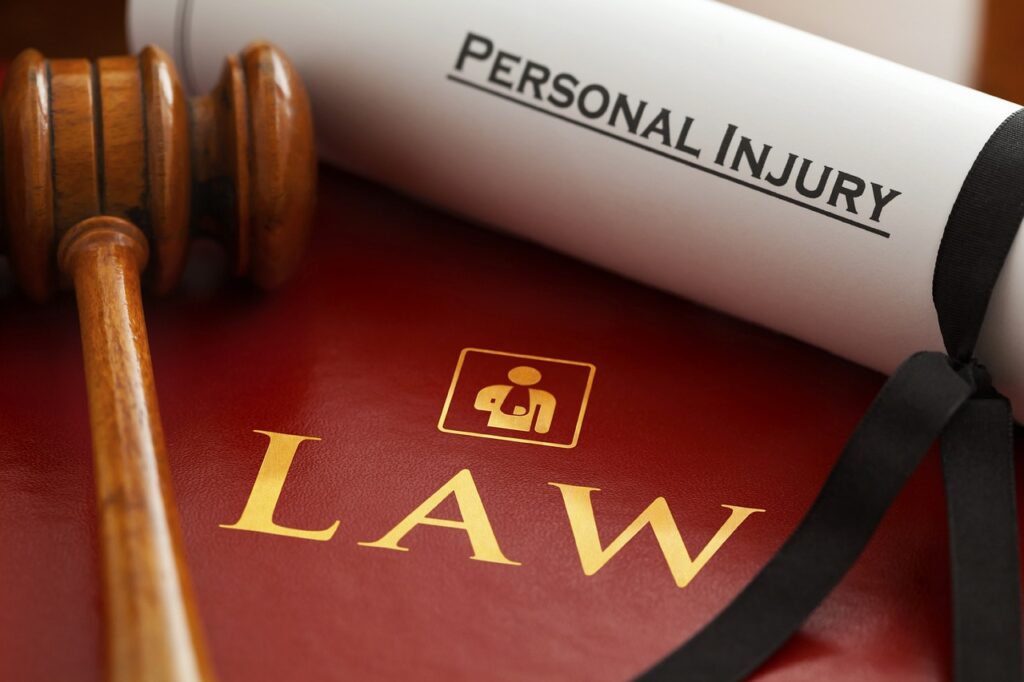Personal Injury Lawyer Claim Assistance
When accidents occur, they often bring about a whirlwind of emotions and challenges. From medical bills to lost wages, the aftermath can be overwhelming. This is where personal injury lawyers step in, offering their expertise to help individuals navigate the complexities of legal claims. This article explores the role of personal injury lawyers, the process of filing a claim, and the benefits of seeking professional assistance.
Understanding Personal Injury Claims
Personal injury claims arise when an individual suffers harm due to the negligence or intentional actions of another party. These claims can cover a wide range of incidents, including car accidents, slip and falls, medical malpractice, and workplace injuries. The primary goal is to seek compensation for damages incurred, which may include medical expenses, lost income, and emotional distress.
Types of Personal Injury Cases
- Car Accidents: One of the most common types of personal injury cases, often involving complex insurance negotiations.
- Slip and Fall: Occurs when a property owner fails to maintain safe premises, leading to injuries.
- Medical Malpractice: Involves negligence by healthcare professionals, resulting in patient harm.
- Workplace Injuries: Covers injuries sustained on the job, often involving workers’ compensation claims.
The Role of a Personal Injury Lawyer
Personal injury lawyers specialize in tort law, which covers civil wrongs and damages. Their primary role is to advocate for their clients, ensuring they receive fair compensation for their injuries. They handle all aspects of the legal process, from gathering evidence to negotiating settlements or representing clients in court.
Key Responsibilities
- Case Evaluation: Assessing the merits of a case and determining potential compensation.
- Evidence Collection: Gathering medical records, witness statements, and other relevant documentation.
- Negotiation: Engaging with insurance companies to reach a fair settlement.
- Litigation: Representing clients in court if a settlement cannot be reached.
The Process of Filing a Personal Injury Claim
Filing a personal injury claim involves several steps, each requiring careful attention to detail. Understanding this process can help individuals make informed decisions and increase their chances of a successful outcome.
Steps Involved
- Initial Consultation: Meeting with a lawyer to discuss the case and evaluate its potential.
- Investigation: Conducting a thorough investigation to gather evidence and build a strong case.
- Demand Letter: Sending a formal request for compensation to the responsible party or their insurer.
- Negotiation: Engaging in discussions to reach a settlement agreement.
- Filing a Lawsuit: Initiating legal proceedings if negotiations fail.
- Trial: Presenting the case in court and awaiting a verdict.
Benefits of Hiring a Personal Injury Lawyer
While some individuals may consider handling their claims independently, hiring a personal injury lawyer offers several advantages. These professionals bring expertise, experience, and resources that can significantly impact the outcome of a case.
Advantages
- Expertise: Lawyers possess in-depth knowledge of personal injury law and understand the intricacies of the legal system.
- Negotiation Skills: Experienced negotiators can secure higher settlements than individuals might achieve on their own.
- Objectivity: Lawyers provide an unbiased perspective, helping clients make rational decisions.
- Resources: Access to a network of experts, such as medical professionals and accident reconstruction specialists, to strengthen a case.
Case Studies and Statistics
Examining real-life examples and statistics can provide valuable insights into the impact of personal injury claims and the role of lawyers in achieving favorable outcomes.
Case Study: Car Accident Settlement
In a notable case, a victim of a car accident received a settlement of $1.5 million after hiring a personal injury lawyer. The lawyer’s expertise in negotiating with the insurance company and presenting compelling evidence was instrumental in securing this outcome.
Statistics
- According to the Insurance Research Council, individuals who hire lawyers receive settlements that are 3.5 times higher than those who do not.
- The National Center for State Courts reports that 60% of personal injury cases are settled out of court, highlighting the importance of skilled negotiation.
Conclusion
Personal injury claims can be complex and challenging to navigate without professional assistance. Personal injury lawyers play a pivotal role in advocating for their clients, ensuring they receive fair compensation for their injuries. By understanding the process and benefits of hiring a lawyer, individuals can make informed decisions and improve their chances of a successful outcome. Whether dealing with car accidents, slip and falls, or medical malpractice, seeking legal assistance can provide the support and expertise needed to achieve justice and financial recovery.
